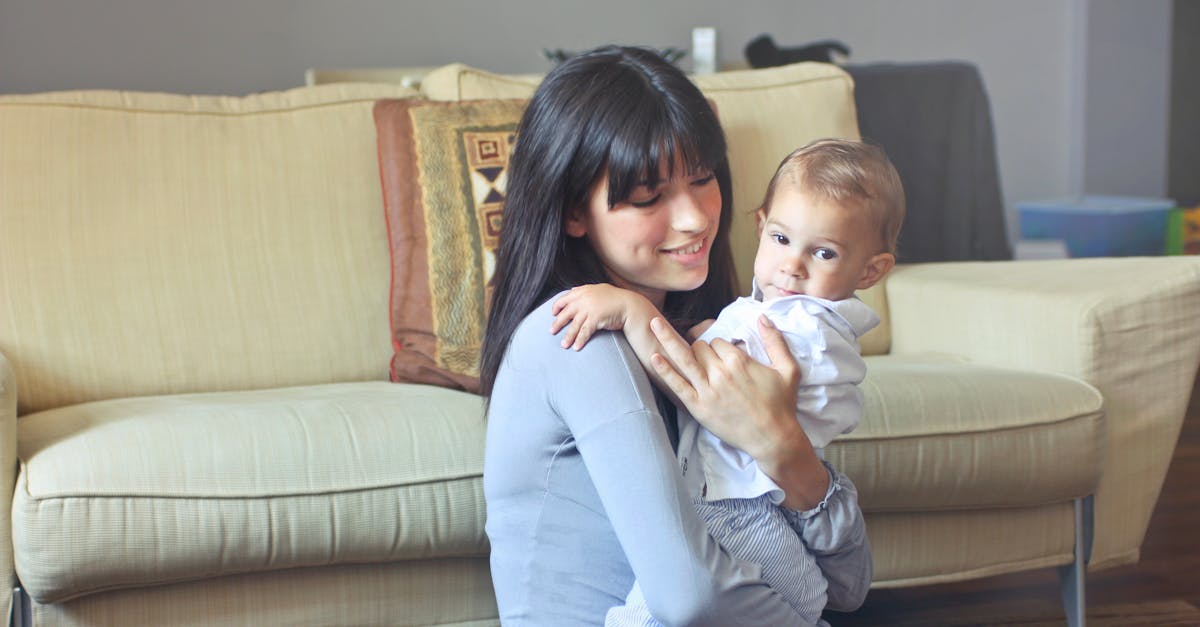Why Screen Time Guidelines Matter
Understanding why screen time guidelines are essential for babies is crucial. Pediatricians recommend them for good reasons. Excessive screen time can hamper your baby’s development. It’s vital to understand how screens affect sleep, social skills, and attention spans.
Parents, let’s dive into why these guidelines are not just suggestions but essential rules for healthy development.

AAP’s Recommendations on Screen Time
The American Academy of Pediatrics (AAP) has clear screen time recommendations. They advise no screen time for babies under 18 months unless it’s video chatting. This allows babies to interact and bond with family members. For kids aged 18-24 months, choose high-quality programming you can watch together.
 **Source**: [Image Source](https://images.pexels.com/photos/5779173/pexels-photo-5779173.jpeg)
**Source**: [Image Source](https://images.pexels.com/photos/5779173/pexels-photo-5779173.jpeg)
What Counts as Screen Time?
Screen time isn’t just TV or smartphones. It includes any time spent in front of screens. This could be video calls, educational apps, or even background TV noise. Think of screens like sugar; moderation is key. It’s everywhere, and too much can cause more harm than good.

The Emotional Challenge of Limiting Screen Time
Limiting screen time can be emotionally challenging. Parents often use screens as a break or distraction for their child. Sure, we all need a break sometimes! But frequent reliance on screens can create a habit that’s hard to break. Remember, it’s okay to struggle with this balance; you’re not alone.

Conclusion: Finding a healthy balance between screen time and other activities is essential for overall well-being.
Interactive and Engaging Alternatives
Looking for something to replace screen time? Try sensory toys, books, and interactive games. Reading together is fantastic. It engages your baby without screens. Simple activities like playing with blocks can also be both fun and educational.

Setting a Good Example
To minimize your baby’s screen time, it’s essential to lead by example. Infants and young children learn primarily by observing and imitating their caregivers. If your little one sees you constantly engrossed in your phone or other devices, they are likely to develop a similar inclination.
Being mindful of your own screen habits not only benefits your well-being but also sets a powerful and positive example for your child. Your actions serve as a template for their behavior and shape their perspective on technology usage.

Encourage, Share, and Learn Together
Parenting is difficult, and it’s okay to ask for help and share experiences. Engage with other parents and experts online. Create a support group to share tips and encourage each other. Remember, every step you take to reduce screen time is a step toward a healthier future for your child.

